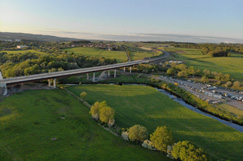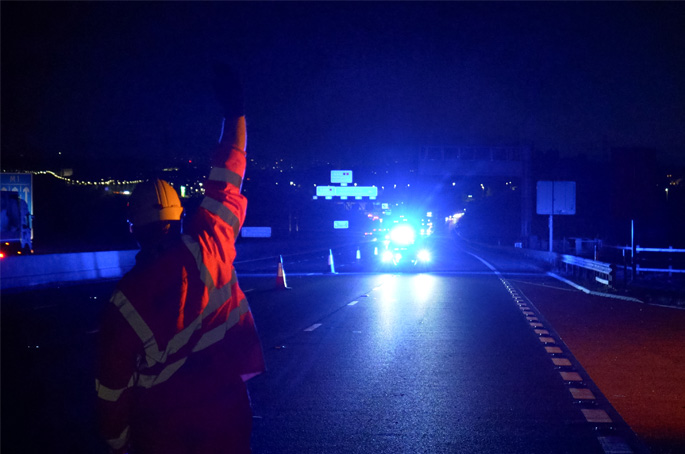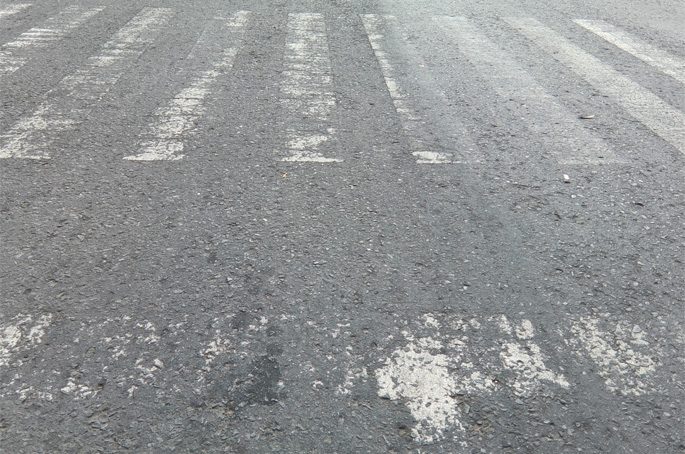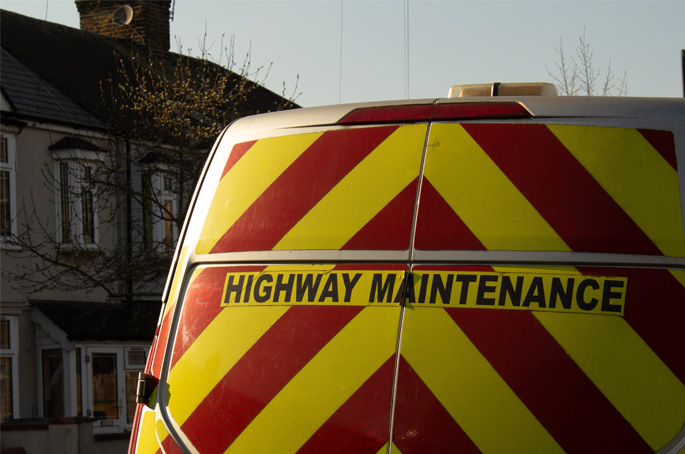A new report from a leading road safety charity has criticised current methods of appraising transport investment for prioritising quick and convenient car travel and not reflecting 'modern safe and sustainable values'.
Investing in Safer Mobility: Targeting investment across the British Road Network from the Road Safety Foundation (RSF), which incorporates the British EuroRAP Results 2022, argues that although fatal and serious casualties are down compared with pre-Covid data, a return to pre-pandemic deaths and serious injuries is to be expected.
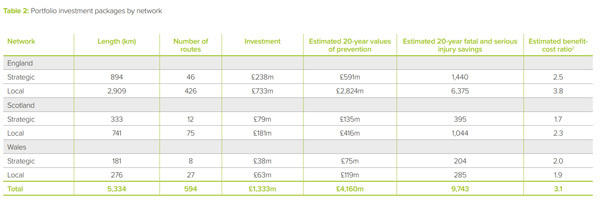
It adds however that recent rises in the cost of living may impact future traffic levels, travel speeds and subsequent casualties, and that there may be a further effect caused by embedded increased levels of home working.
The RSF said road infrastructure measures that reduce the risk of fatal and serious injury are well understood and the investment returns are compelling, with measures such as protecting or clearing roadsides, separating vehicles travelling in opposing directions and designing junctions to be safer offering high opportunities to save lives.
In addition, supporting safer walking and cycling by providing separate facilities or reducing vehicle speeds is key to encouraging modal shift and reducing deaths and injuries for these groups, the charity said.
Executive director Dr Suzy Charman, one of the report's authors, said: ‘Now is the time to invest in our road infrastructure to support safer and more sustainable mobility for all road users.
‘This will reduce the burden on our health care services and, at the same time, support environmental, health and cost-of-living imperatives.'
The charity's annual crash risk mapping report highlights 10% of motorways and A roads that it calls clear priorities for investment.
It said there are investment options across Great Britain that would not just save lives but would also address some of the immense societal loss attributable to road crashes each year (around £30bn in 2021).
The A737 in Ayrshire, which includes the £31m Dalry bypass, is one of the most improved roads
The report highlights 52 routes that improved significantly from the first data period (2015 to 2017) to the next (2018 to 2020).
Between the two three-year periods, the number of fatal and adjusted serious crashes on these routes fell by 61% from 1,058 to 404. The annual societal value of the crashes prevented was more than £110m, or more than £90,000 per kilometre road length, with societal value of over £1.6bn over 20 years.
The RSF said that while a small number of improvements involved road widening or the construction of a town bypass, most are modest: street lighting better junction layout for pedestrians, refreshed road markings, better camera enforcement, and focused, localised reductions in speed limits.

